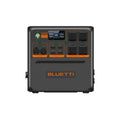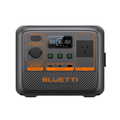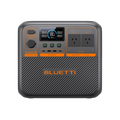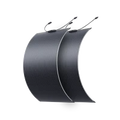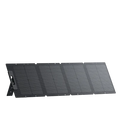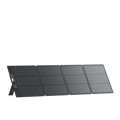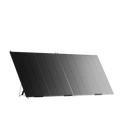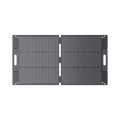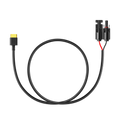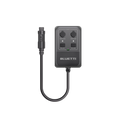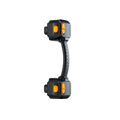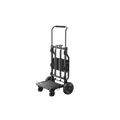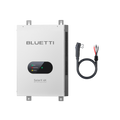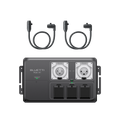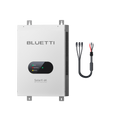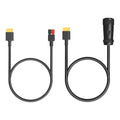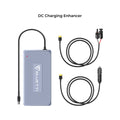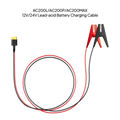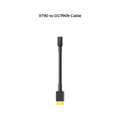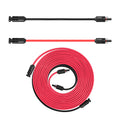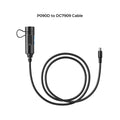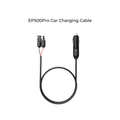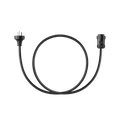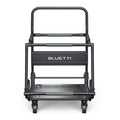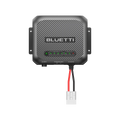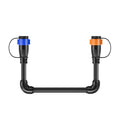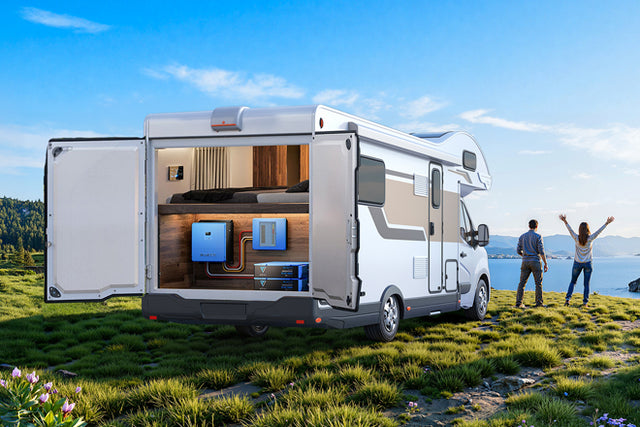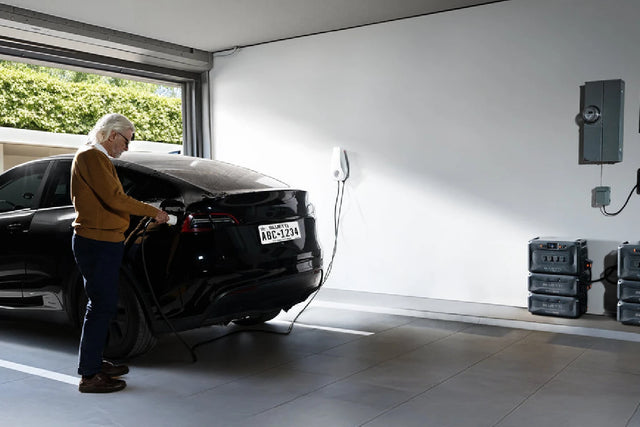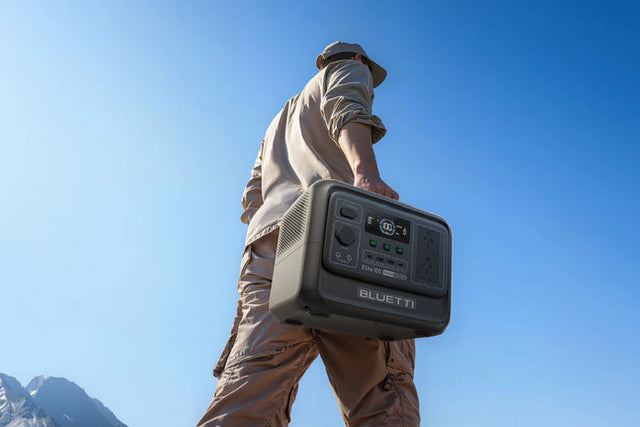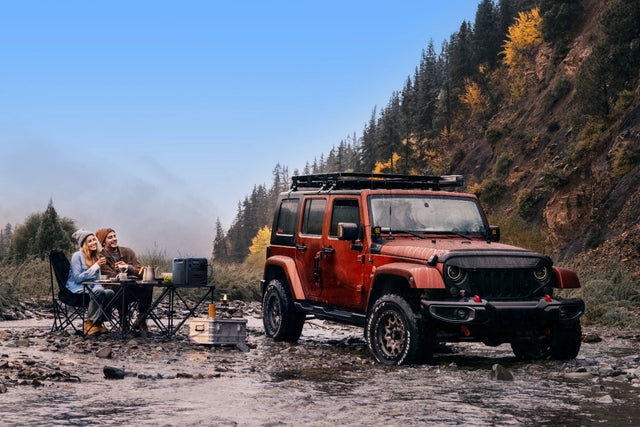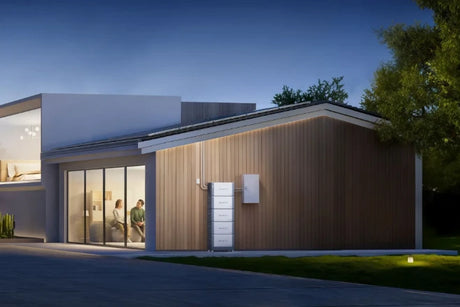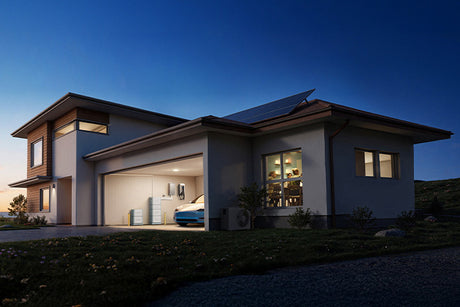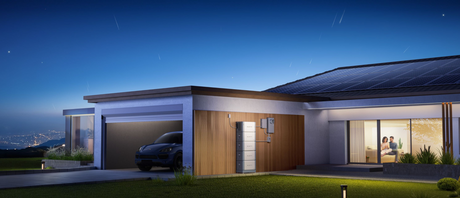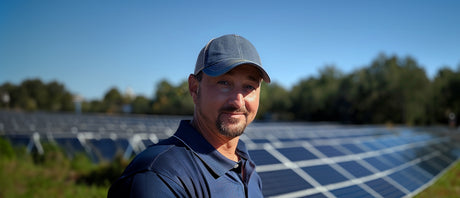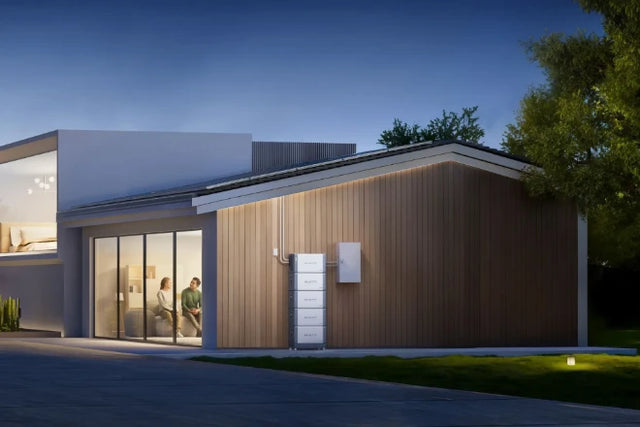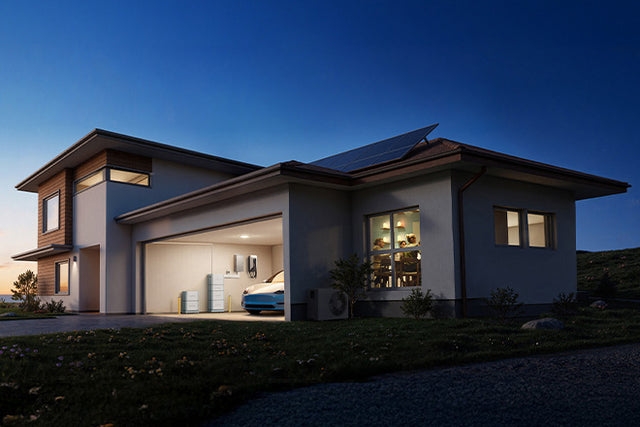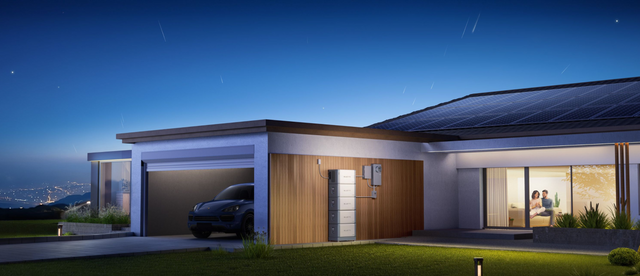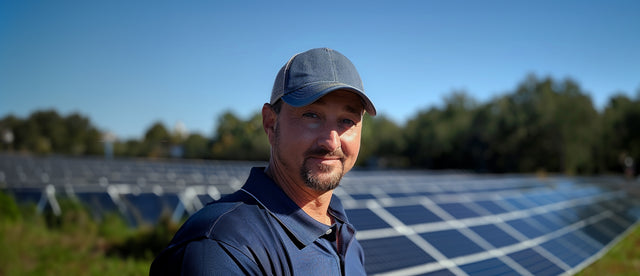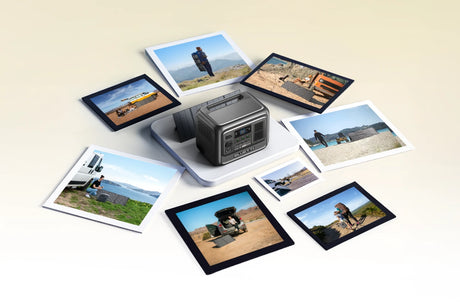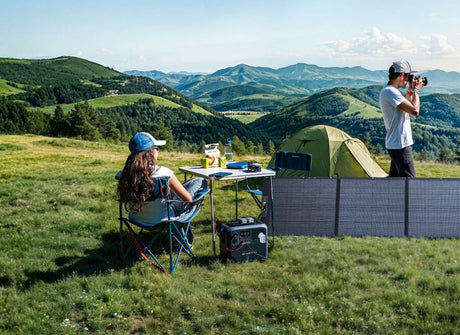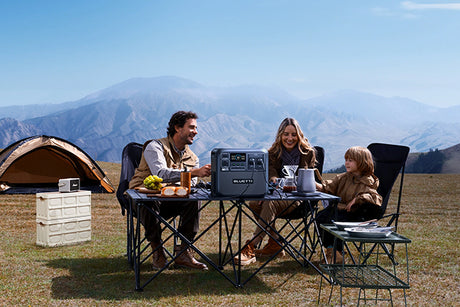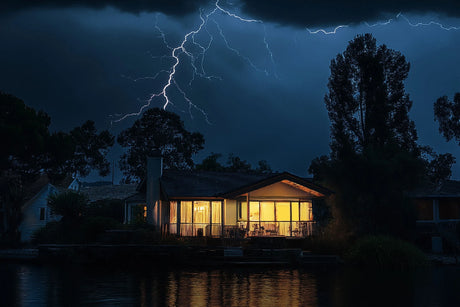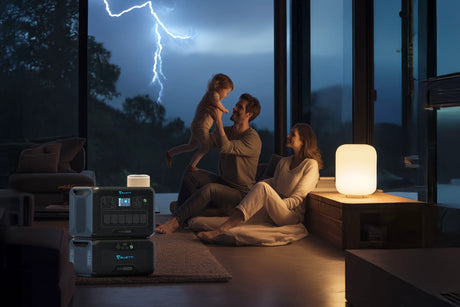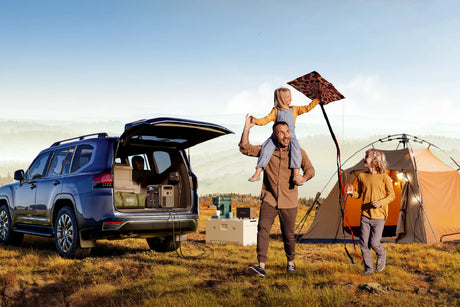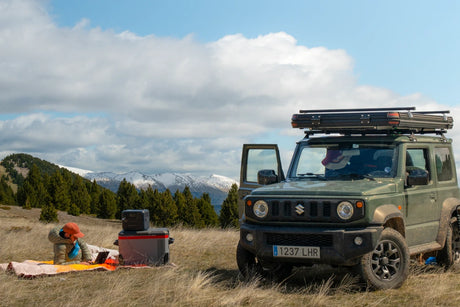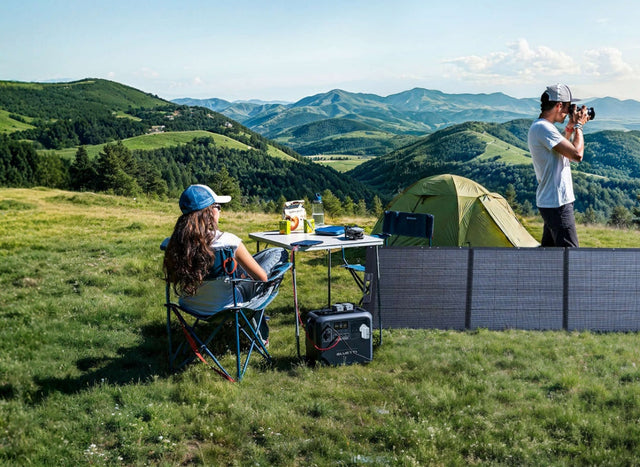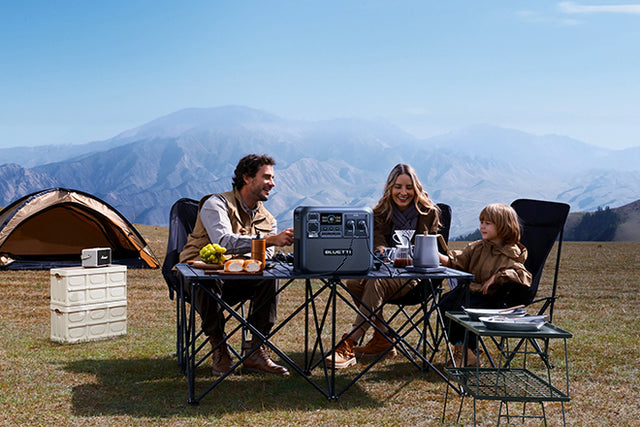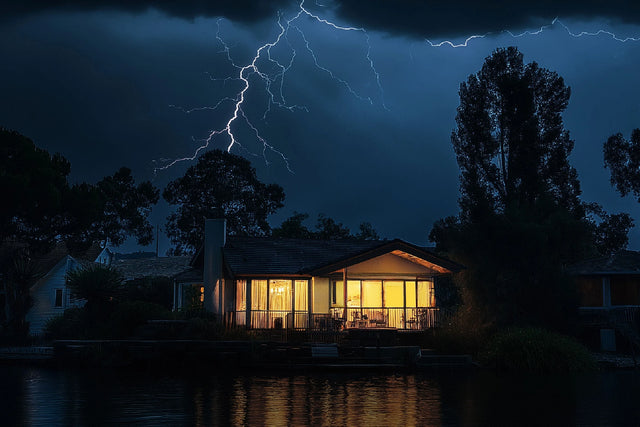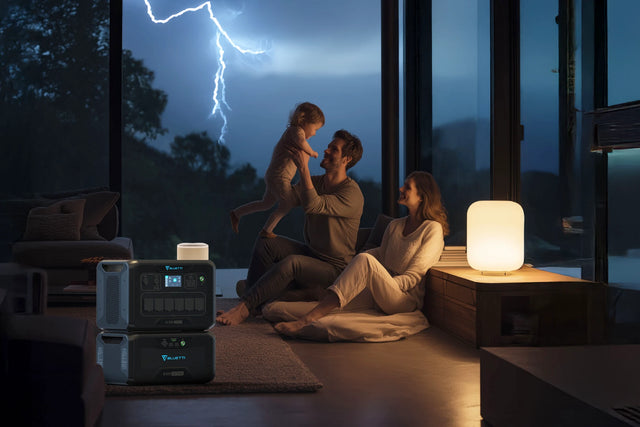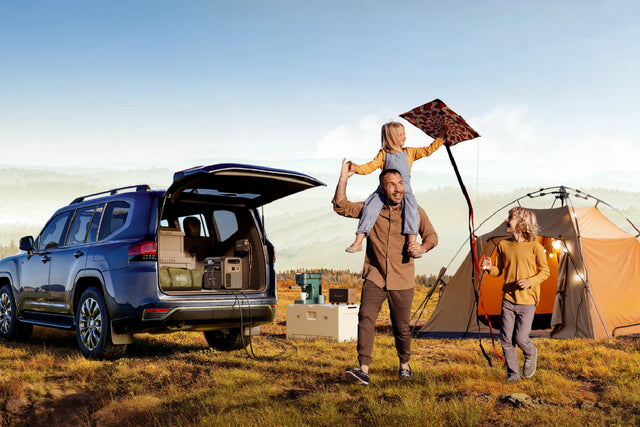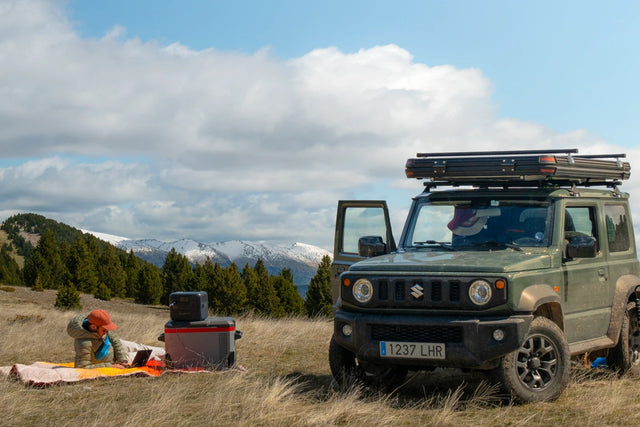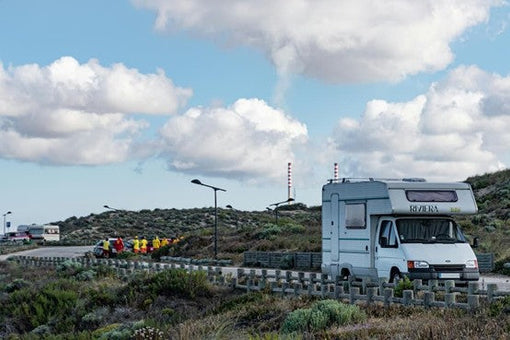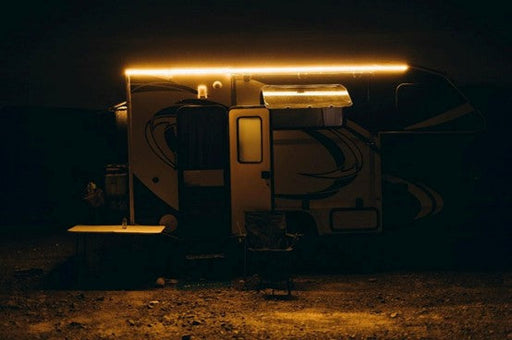Picture this: your entire neighborhood has a power outage. Your neighbors are rummaging around to find their candles while the others are on the phone, on hold with the power company. And you…you just press the power button of your solar generator and the power to your home is back on. How convenient would that be, right?
That’s just one of several reasons why it makes sense to have a home backup generator. But there’s a bunch of things to consider before you buy one. This guide will show you what you need to know before you purchase a generator.
What to Consider When Buying a Home Generator
Figure out Your Kilowatt-Hour Needs
If you are interested in purchasing a solar generator, you must know how much electricity you need before purchasing. You will want to determine how many watts your devices use and how many kilowatt hours (kWh) you require.
The average household uses about 1,000 kWh per month, but this number varies depending on your home appliances and how much time they are used each day. If you have an electric stovetop or oven, you will need more power than someone who only uses their microwave or coffee maker once a day.
For example, let us say you want to run a lamp that consumes 15 watts for three hours per day (30 watts total). Multiply 30 by 3, and you get 90 watt-hours per day. To convert this number into kilowatts, divide it by 1,000 or move the decimal point three places over. You end up with 0.9 kWh per day.
Now that you know how many kWhs you need look at products on the market and see what size backup solar generator they recommend for your needs. For example, if your house uses 10 kWh per day during an outage and requires seven days of backup power, then a 7 kW unit should be sufficient — although a larger unit is better because it would not have to work as hard and may last longer between maintenance checks.
Consider Venting Requirements
While considering a backup solar generator for your home, it is vital to understand the venting requirements. It is not enough to ensure that your generator can provide enough power for all of your appliances. You also need to ensure that you have adequate room for the exhaust from your unit.
To use any generator safely, you must ensure sufficient airflow around it at all times. This is particularly true when it comes to portable generators, which are often used inside houses and other buildings during emergencies. If there is not enough ventilation around these units, they can cause danger in no time.
To prevent this from happening, you need to ensure plenty of space around your portable backup solar generator. This will provide plenty of airflows and give the unit room to breathe, which is extremely important for its overall performance. The amount of space needed will vary depending on your backup solar generator size.
Set Your Budget
Another thing that you should consider when purchasing a solar generator is your budget. You need to know how much money you can spend on the purchase and whether or not it will fit into your monthly budget. The cost of solar generators varies depending on the size of the unit and its features. For example, if you want to buy a large generator that can power your whole house, expect to pay more than $3,000. However, if you need a small portable generator for camping or emergencies, expect to pay less than $500 for it.
Some people prefer buying used solar generators over new ones because they save money while supporting an eco-friendly lifestyle. If you buy used solar generators online or at garage sales, be sure they are in good condition before paying for them or bringing them home to use immediately because some may need repairs before they can function properly again.
An excellent way to set up your budget is by making a list of everything you would like to buy with your new generator. This includes extra batteries, charging cables, tools, and any other accessories that you may want to add to your purchase before making it official. Once you have this list together, add everything up and see how much money it would cost if these items were purchased separately.
Check for Energy Efficiency Ratings

While many generators are on the market, not all are created equal. You need one that is durable and reliable, but also one with the right amount of power for your needs. Additionally, if you are looking for an emergency generator, it should be able to run all of your appliances at once.
The best way to determine if a particular model will do the job is by checking its energy efficiency rating. This will tell you how much electricity it can produce at any given time. If you want to run multiple appliances simultaneously, look for a high-efficiency generator with higher wattage ratings.
There are two types of ratings available: continuous watts and surge watts. Continuous watts measure how much power can be produced over time without overheating or damaging equipment. Meanwhile, surge watts measure how much power can be produced in a single burst before damage or overheating occurs.
If you will use solar generator for an extended period, then it is best to choose one with a high continuous wattage rating. This will ensure that your appliances work without being damaged by overheating or overloading circuits.
Keep an Eye out for the Best Qualities
When purchasing a home backup generator, you want to ensure you are getting the best quality product possible. You can look for several things to ensure that you are buying a solar generator that will provide you with the type of power you need.
Here are some of the most important qualitative factors to consider before purchasing a home backup generator:
High-Quality Batteries - The quality of the batteries in your generator is critical because they are what store the charge from the solar panels. If you have low-quality batteries, they will not hold much of a charge, and you will need to replace them frequently.
A Robust Inverter - The inverter is what converts DC power (direct current) into AC power (alternating current). It is essential to have a robust inverter because if your inverter is not strong enough, it could overheat or even catch fire when it is being used.
Strong Motors - Motors are responsible for powering all home appliances, so they must be strong enough to do so. They may break down after only a few uses if they are not strong enough.
Consider Portability
When looking for a power backup, you will likely run into two systems: portable and stationary. Stationary generators are the way to go if you want something that will keep your home running during an outage.
However, if you plan on using your generator for camping trips or outdoor events such as tailgating, then portable solar generators are significant because you will need something lightweight and portable enough so that it does not take up too much space in your car or truck bed.
You may also find that having a smaller unit with fewer features makes it easier for children or others who are not physically strong to operate since they would not have as much strength needed to pick up the device out of storage or carry it around while being used. Most models come with wheels or handles so they can be transported easily. The more portable your unit is, the easier it will be for you to transport it from place to place while also keeping it safe from damage during transportation.
Investigate Extra Features

When you are in the market for a backup generator, it is crucial to investigate extra features. There are many options for backup power, but not all are created equally.
One of the essential features to look for is remote control capability. This allows you to easily turn on or off your generator from anywhere in the world via a computer or smartphone app. This can be especially useful if there is an emergency and you need to check on your home while away from home or if you want to ensure that everything is running smoothly while on vacation.
Another feature worth looking into is noise reduction technology. If you live near neighbors who might mind the sound of your generator running every day, this feature could be vital in helping protect your relationship with them.
Extra features usually come with a price tag but are not necessary. It all depends on what you want out of your home theater system.
Make Sure Your System Is Safe
Making sure your system is safe before purchasing a backup solar generator is essential. Some of the products on the market today are not safe. They can cause fire hazards and even be dangerous for your family. When looking for a backup solar generator, you want one tested by an accredited lab and certified by UL (Underwriters Laboratories).
The Underwriters Laboratories is an independent product safety certification group that tests products for safety compliance and quality assurance. The UL label means that the product has been tested for safety standards and passed rigorous testing procedures before being released onto the market.
Make Sure it Has a Warranty
When purchasing any product, it is essential to consider how long the manufacturer will stand behind its product. Your backup solar generator should come with a warranty that guarantees that if anything breaks or stops working within a certain period, they will repair or replace it at no cost. Bluetti sells solar generators and backs them with a 2-year warranty. Your purchase also includes a 30-day refund policy.


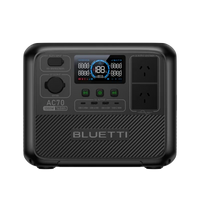
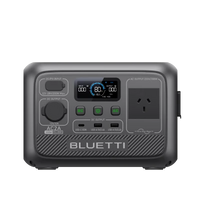
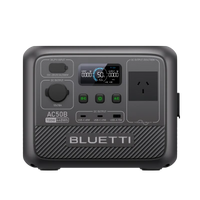

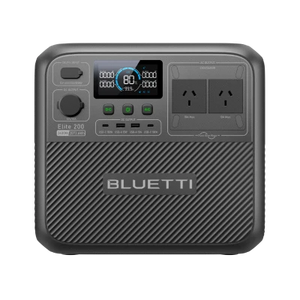
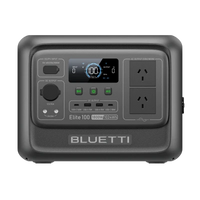
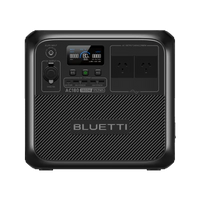
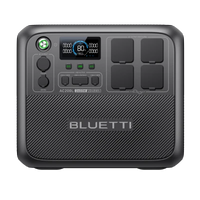
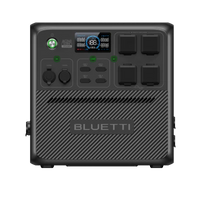
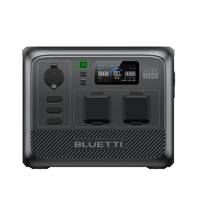
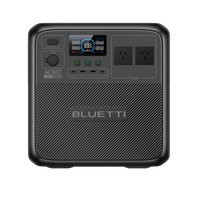


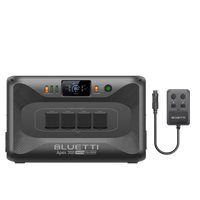

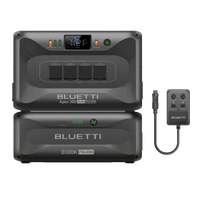
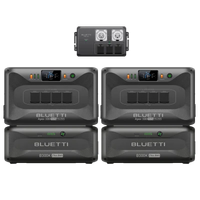
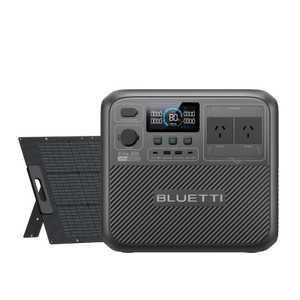
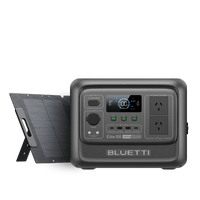
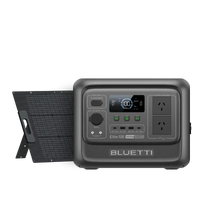
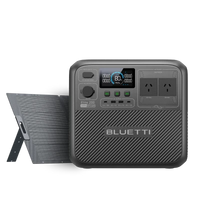
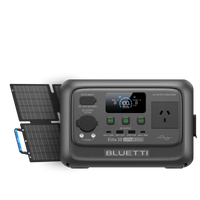
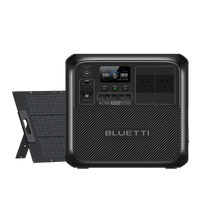
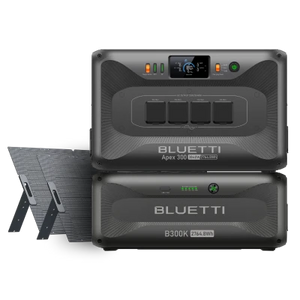
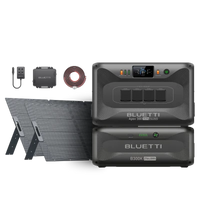
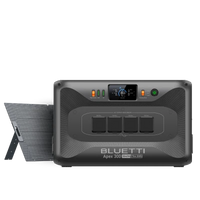
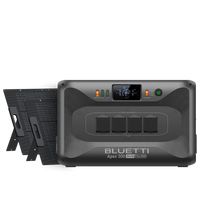
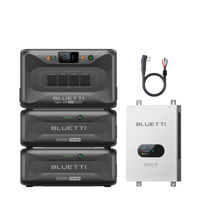

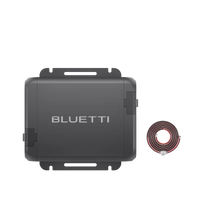
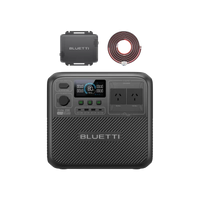
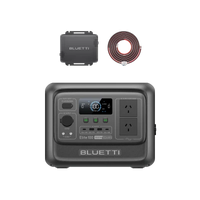
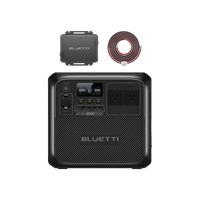
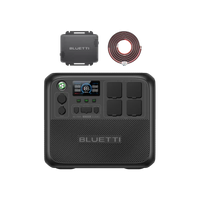
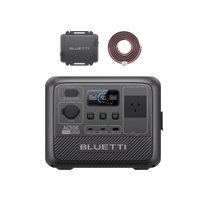
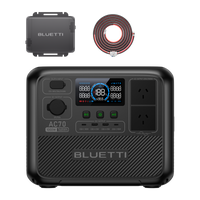


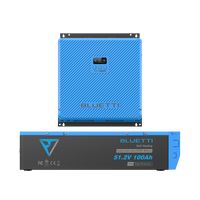
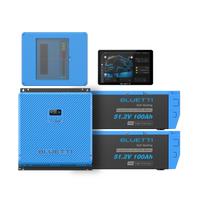
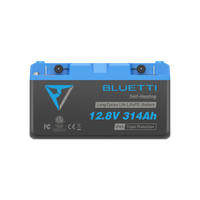
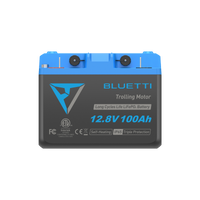
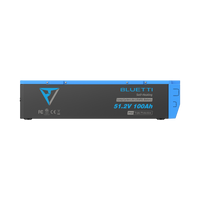
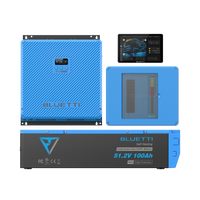
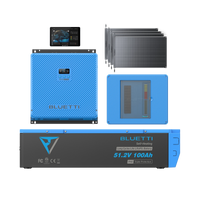
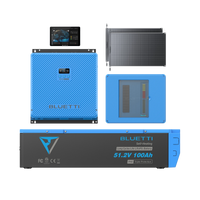
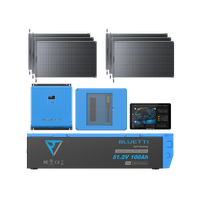
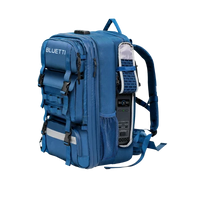
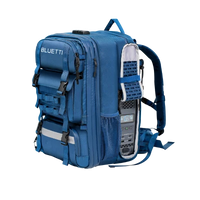
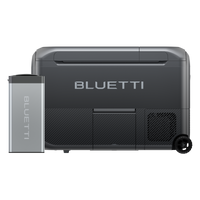
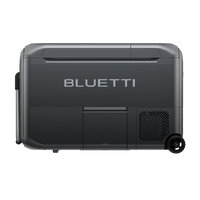
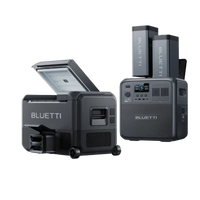
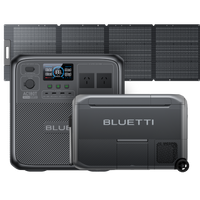
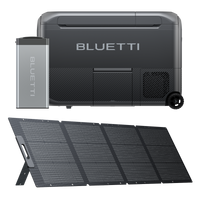
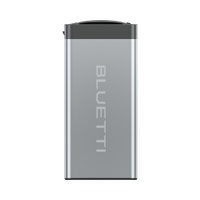
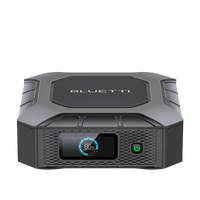
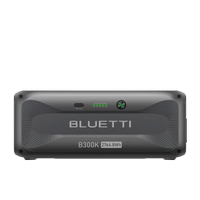

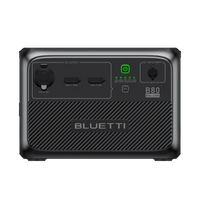
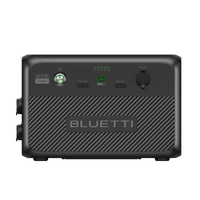

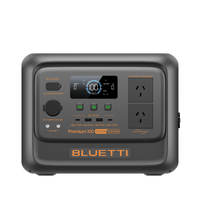
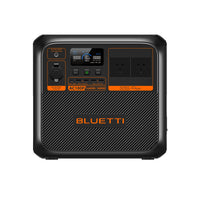

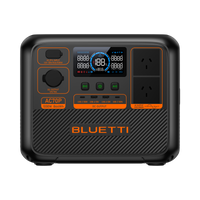
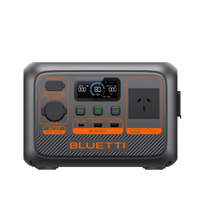
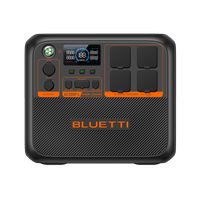
![[Phased Out] BLUETTI B80P Expansion Battery | 806Wh](http://www.bluettipower.com.au/cdn/shop/files/202310025B80P_2000-2000px_4_4caa0c1c-4dab-4272-9e9b-2b7507e5bd81.jpg?v=1713777870&width=200)
![[Phased Out] BLUETTI B210P Expansion Battery | 2,150Wh](http://www.bluettipower.com.au/cdn/shop/files/2_08cf9ef3-03a4-4489-b641-d3edb8094896.webp?v=1716016566&width=200)
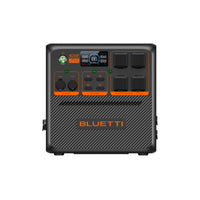
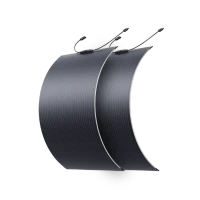
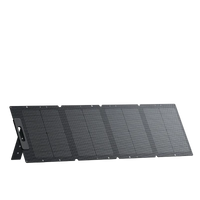
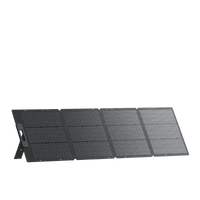
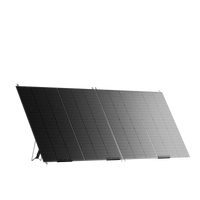

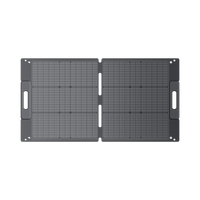

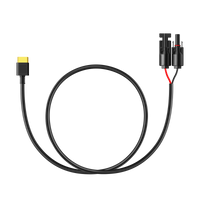
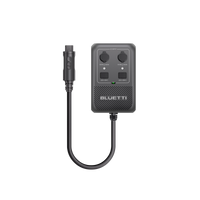
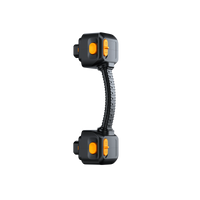
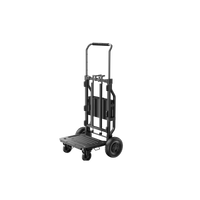
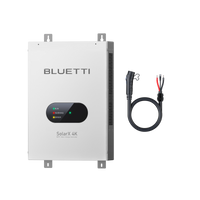
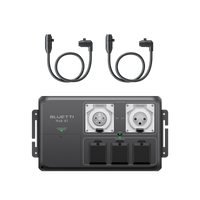
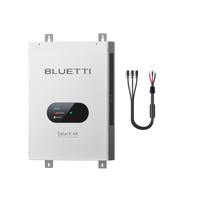
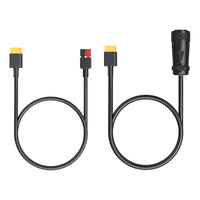
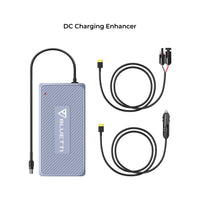
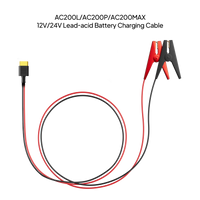
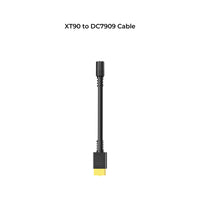
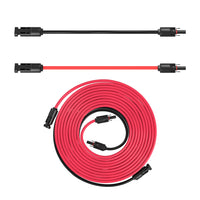
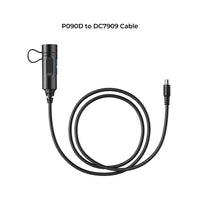
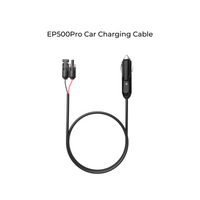
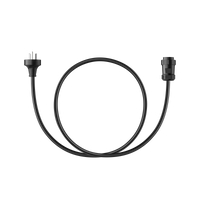
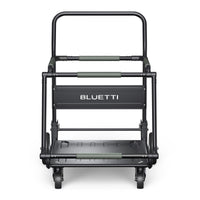
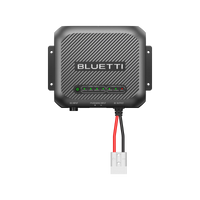
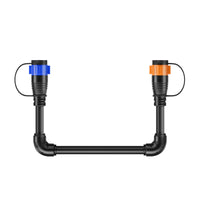



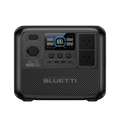
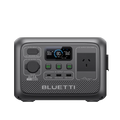
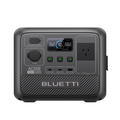


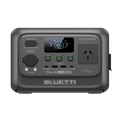
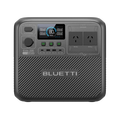
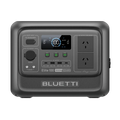
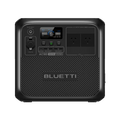
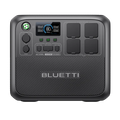
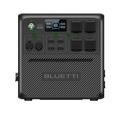
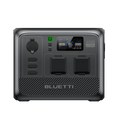
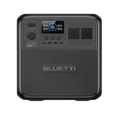


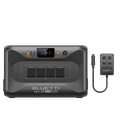

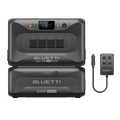
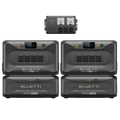




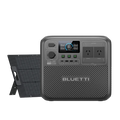
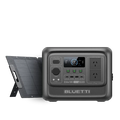
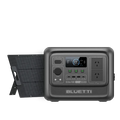
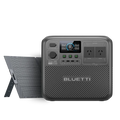
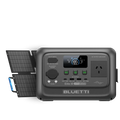
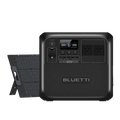
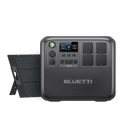
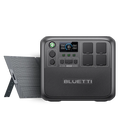




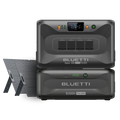
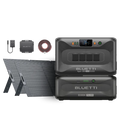
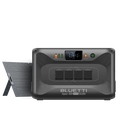
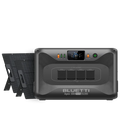
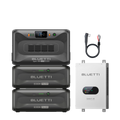

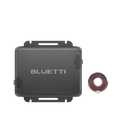
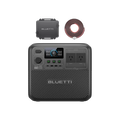
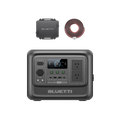
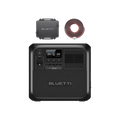
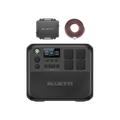
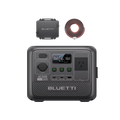
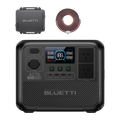
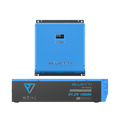
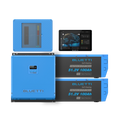
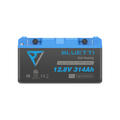
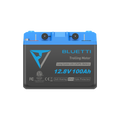
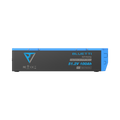
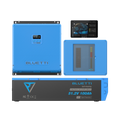
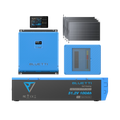
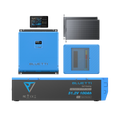
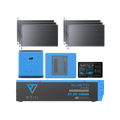
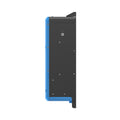
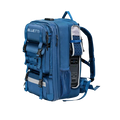
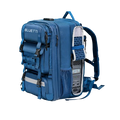
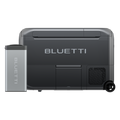
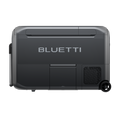
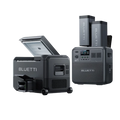
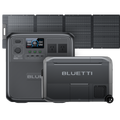
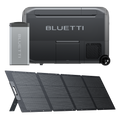
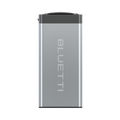
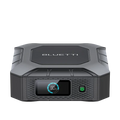
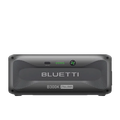

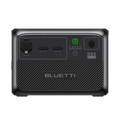
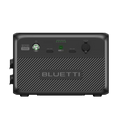
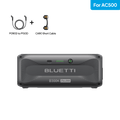
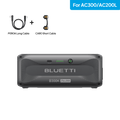
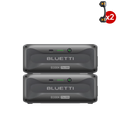
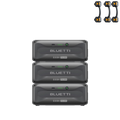




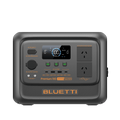
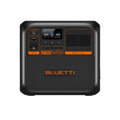

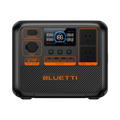
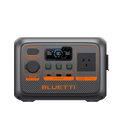
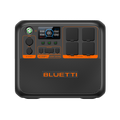
![[Phased Out] BLUETTI B80P Expansion Battery | 806Wh](http://www.bluettipower.com.au/cdn/shop/files/202310025B80P_2000-2000px_4_4caa0c1c-4dab-4272-9e9b-2b7507e5bd81.jpg?v=1713777870&width=120)
![[Phased Out] BLUETTI B210P Expansion Battery | 2,150Wh](http://www.bluettipower.com.au/cdn/shop/files/2_08cf9ef3-03a4-4489-b641-d3edb8094896.webp?v=1716016566&width=120)
